(ECNS) -- As the first US Secretary of State to travel to China in recent five years, Antony Blinken concluded his trip on Monday. What signals have been released by the visit of this top member of Biden's cabinet and how will Sino-U.S. relations develop in the future? In an exclusive interview with China News Network, James Heimowitz, president of China Institute in America shared his thoughts.
Mr. Heimowitz is a member of the Council on Foreign Relations and the National Committee on US-China Relations. He often sits on numerous boards of media or technology companies that are related to China and presides over or participates in international conferences and forums.
In early 2023, Sino-U.S. relations bumped into new obstacles and challenges. In his opinion, it is mature to solve the problem through meetings and communication. “I hope that will be a clear message that it's time for engagement. Now that those dialogues are coming back, this is a healthy thing. It’s not unhealthy to share where your areas of differences are,” said James Heimowitz.
Reviewing the academic discussion on the trends of Sino-U.S. relations, Mr. Heimowitz, a globalist, said he was sad about the argument for “decoupling” and so-called “de-globalization”, where countries are said to go back to sort of autonomy and independence. He added, “I believe the world is a better place when its constituent members are working well with each other, not when they are hiding in isolation.”
As an expert on Sino-U.S. relations and a promoter of cross-cultural exchanges, Heimowitz thinks the bilateral relation means almost everything to the world and calls on these two biggest players on the planet to learn how to manage the complex relationship, which is sometimes very rewarding and sometimes very challenging and frustrating, so as to make the world a better place.
Speaking of those Americans who refuse to reach out, he attributes this kind of unwillingness to the strong tones of nationalism. "But nationalism can get in the way of engaging with your neighbors and allies and friends overseas. It is deeply problematic", noted Heimowitz. To bring the bilateral relations back on track, he suggests that more exchanges and the flow of ideas and people are needed.
Founded in 1926 by Chinese and American educators, China Institute in America is the oldest bi-cultural, non-profit organization in America to focus exclusively on China. Mr. Heimowitz has also been an ardent practitioner in this field. “ A good foundation for cross-cultural communication is the human foundation,”he said, “There's a tremendous level of misunderstanding of ignorance and that comes from the fact that not enough people have a deep enough understanding of what's actually happening on the ground in China.”










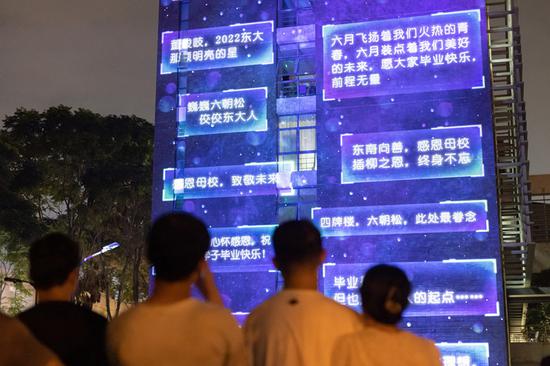

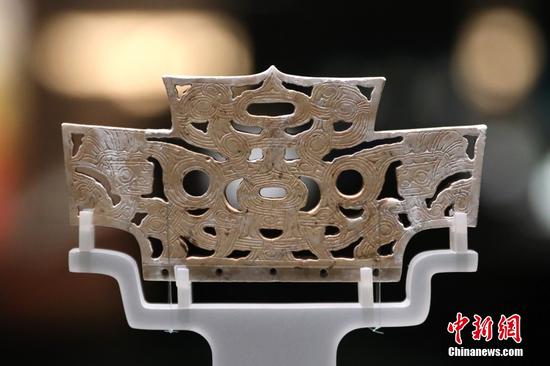


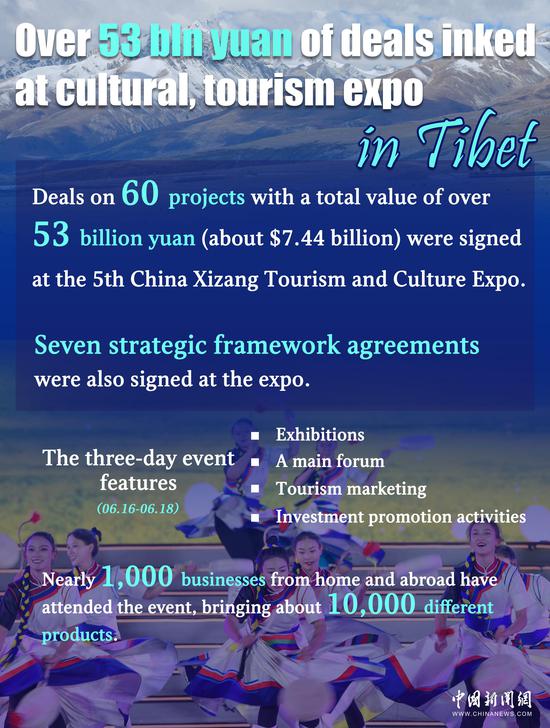
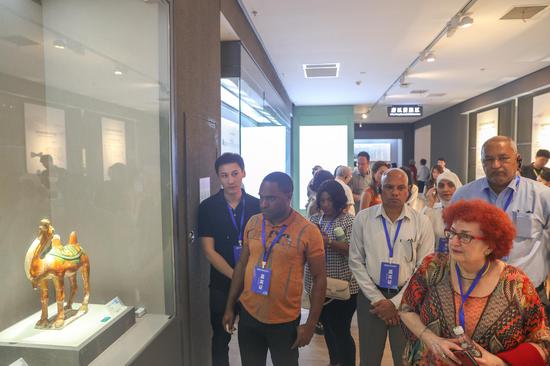





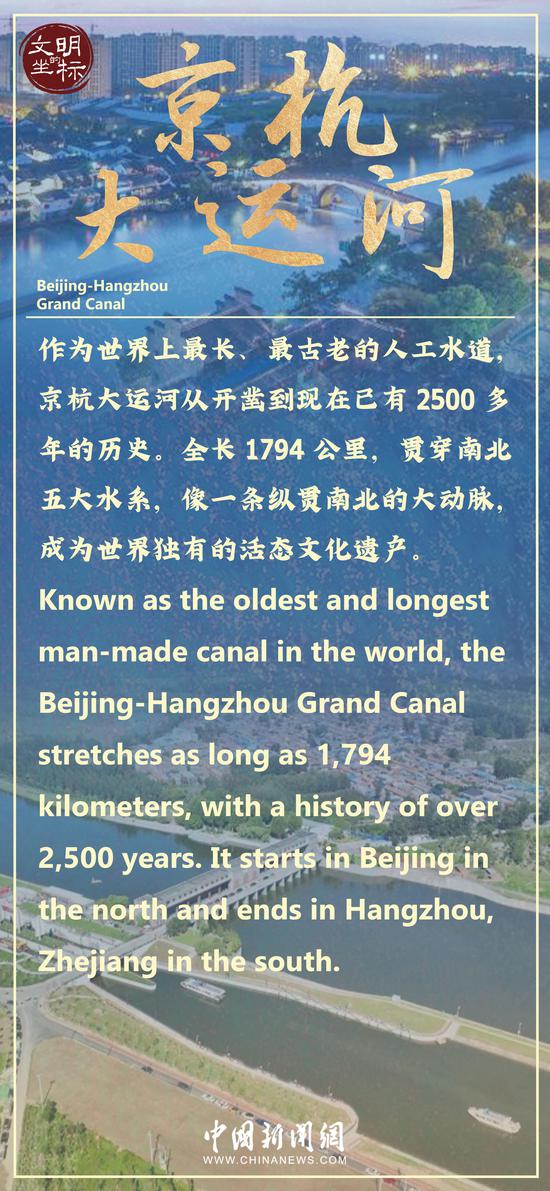




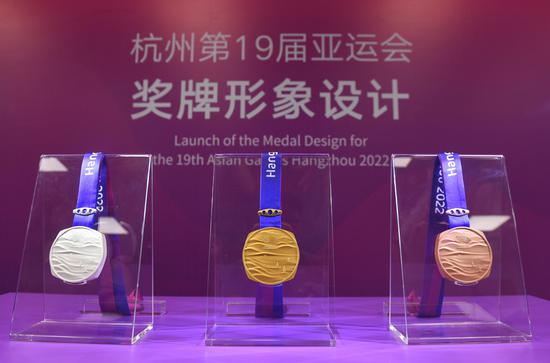



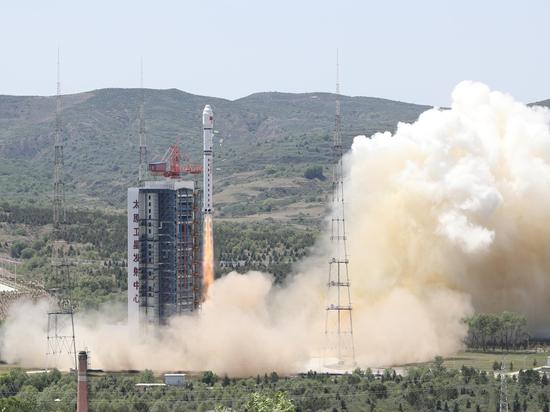


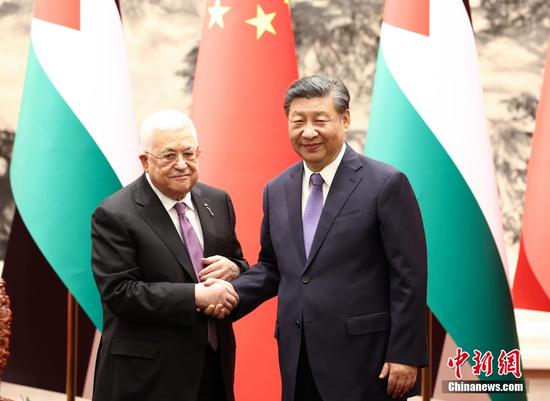
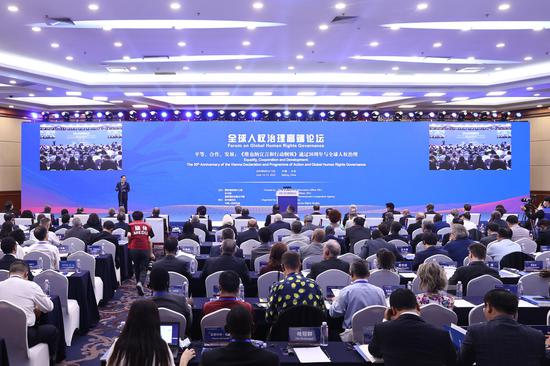

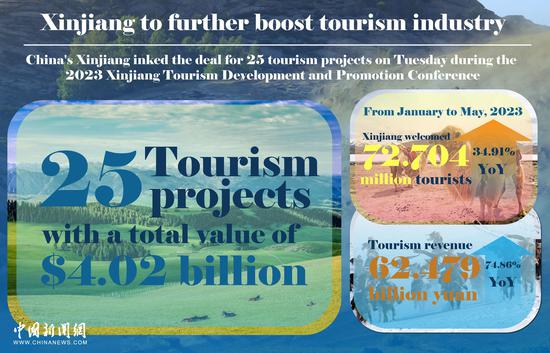
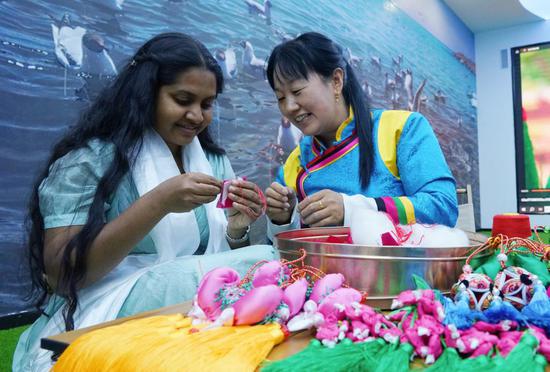

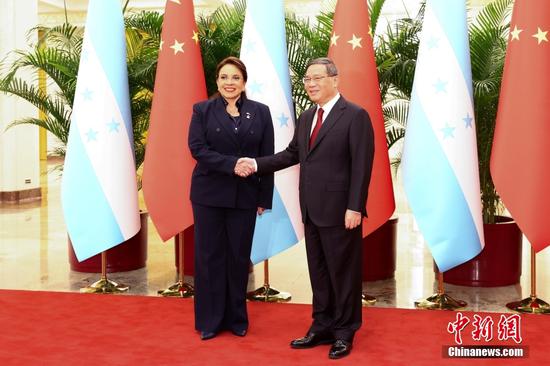


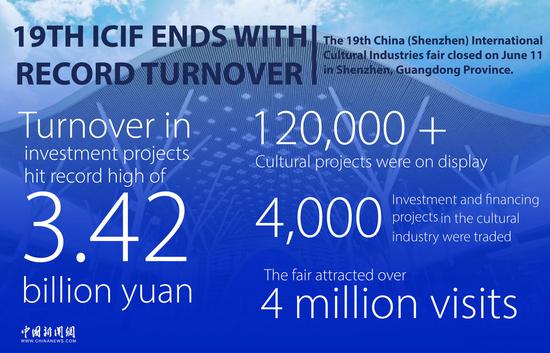






 京公网安备 11010202009201号
京公网安备 11010202009201号